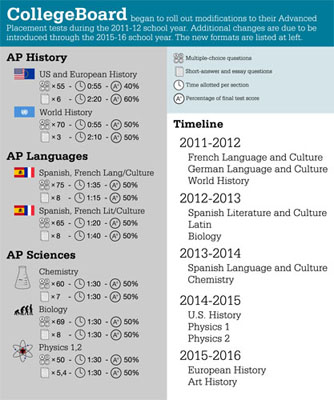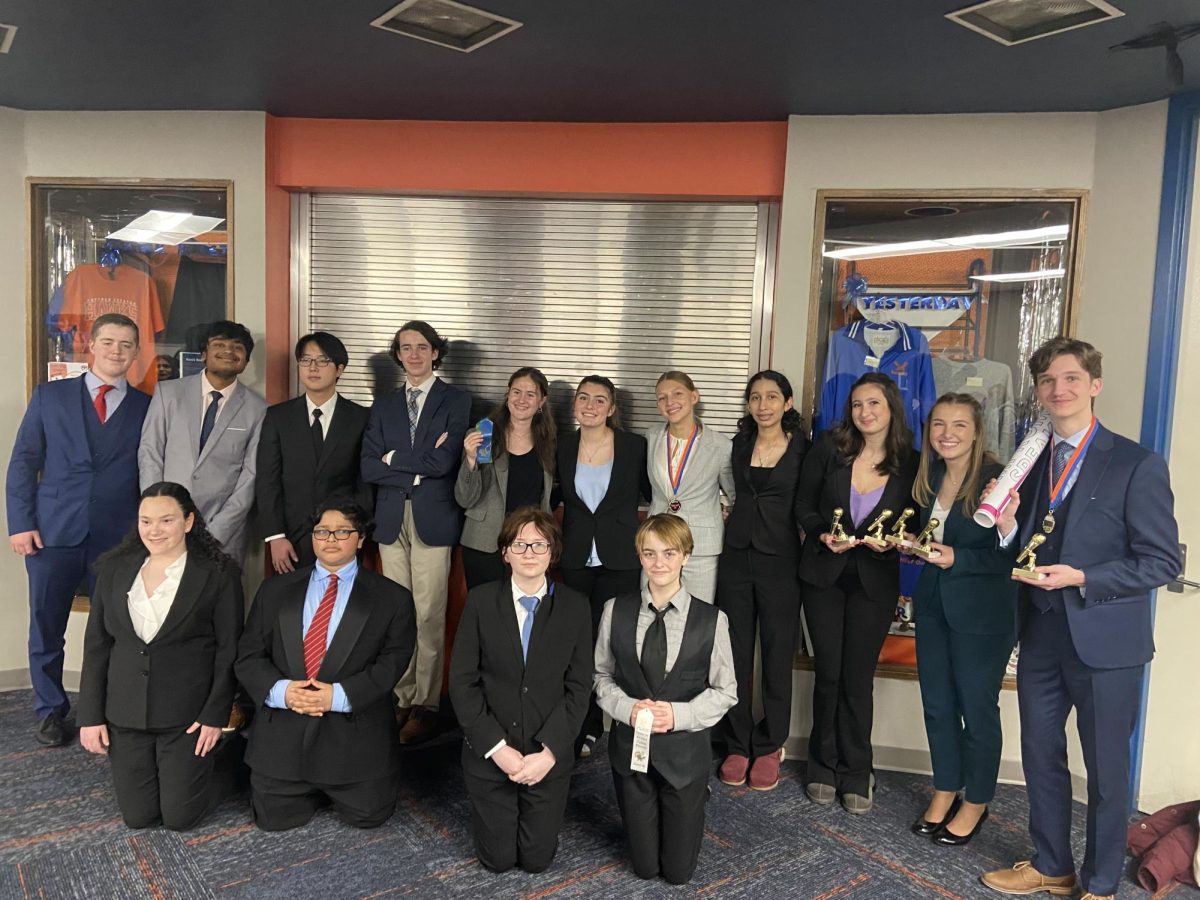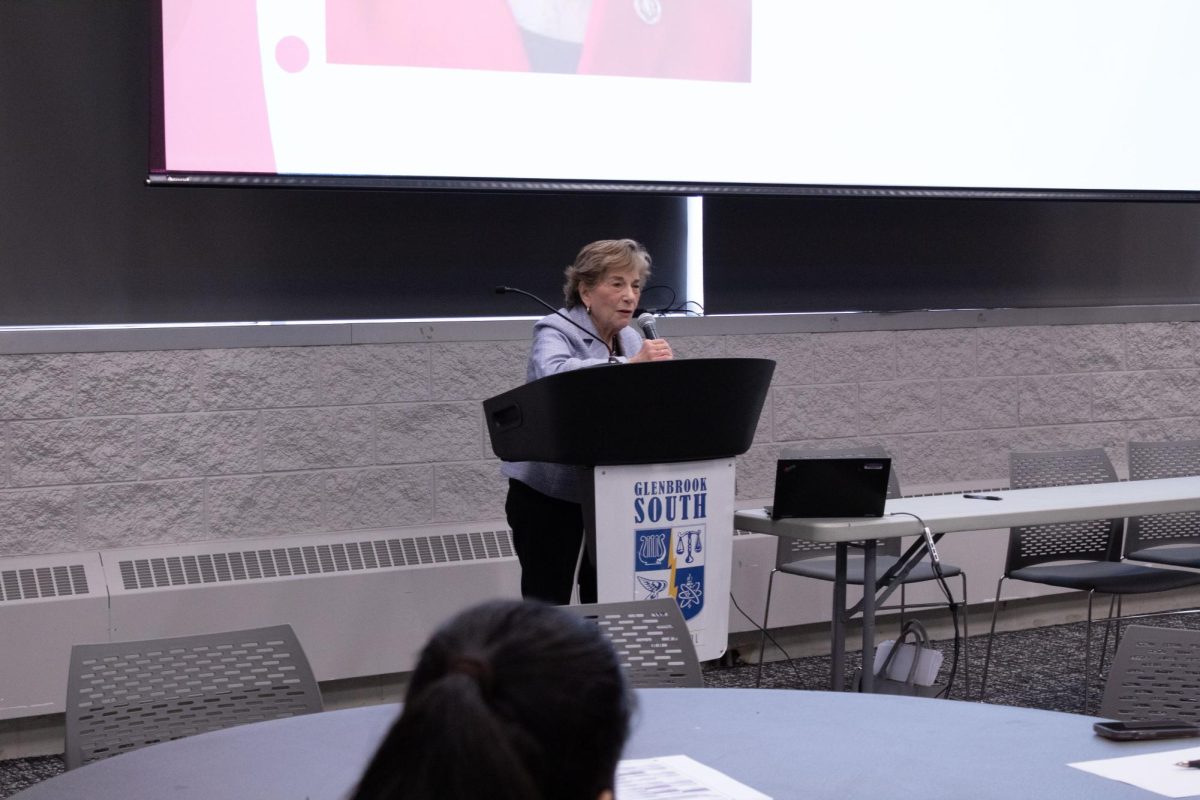Students now studying Advanced Placement (AP) Chemistry or AP Spanish Language and Culture will be the first year of students taking the College Board’s revised AP exams for those subjects in May, according to College Board.
Since 2011, the College Board has revised the course objectives and exam formats for eight AP courses, with revisions to four more classes to be implemented in the next two years, according to College Board. (See graphic on page 3)
Jeff Rylander, instructional supervisor of the Science Department, said College Board’s recent revisions reflect a narrower vision of course content.
“Many people felt that the focus of the AP test was very broad but not quite as deep philosophically,” Rylander said. “As education moves forward in our country, particularly in science but I think this is true in all disciplines as well, there’s a growing emphasis towards going deeper but going less broad.”
The focus on a more extensive knowledge of scientific concepts has been replaced with attention to larger and more enduring themes, according to Rylander.
“What do you want [students] to remember five years from now?” Rylander said. “They’re not going to remember [details]. What are those big themes […]—let’s start with that.”
David Lieberman, AP Chemistry teacher, said that his first experience with the new course has been positive.
“I think it’s a good change,” Lieberman said. “Do you really need to know all the exceptions […] the small facts, the minutiae? I think [there is] a much bigger picture that they have planned, and I think it’s going to prepare [students] very well for whatever they decide to do in the future.”
Revisions to history courses also intend to shift emphasis from extensive factual knowledge to thematic understandings, according to Benedict Hussmann, AP U.S. History teacher.
“There’s been a complaint that the heavy emphasis on factual multiple choice content has made the various history AP tests and classes kind of like a game of darts—that if kids know enough of the facts and can hit the dartboard with them, they score well on the test,” Hussmann said. “And I believe their goal then is to […] make the courses and the tests more concept-driven rather than fact-driven.”
Hussmann said many AP U.S. teachers had criticized the current course for its enormous amount of required material to cover and had hoped the new test would be less expansive.
“The old content outline was not helpful at all in that it was just an outline of U.S. history,” Hussmann said. “It’s just like the table of contents out of the textbook. This they have broken down into units with key concepts that students are supposed to know. The problem is for U.S. History, I haven’t counted, but I would bet [the new outline] is well over 200 key concepts. Simply making it a conceptual based course has probably not simplified it to the extent that I would like.”
Hussmann said he believed the course’s new evaluation of historical thinking techniques could promote a better understanding of history for
students.
“I hope students will get out of this the movement away of the test being ‘have I crammed in enough facts?’ to ‘am I more able to remember, decipher and explain cause and effect and consequence?’” Hussmann said.
According to Danita Fitch, instructional supervisor of the World Languages Department, the AP language exams’ focus on grammatical accuracy and vocabulary has lessened while consideration for culture and critical thinking has expanded. Fitch said these adjustments have benefited the department beyond just the AP courses.
“The changes that have taken place in AP have really impacted the entire department, our whole sequence,” Fitch said.
“Before the AP test was geared toward a pretty elite, kind of specific group of students who did very well with a traditional approach, grammar and memorizing vocabulary, and now it’s about what can you do with it.”








